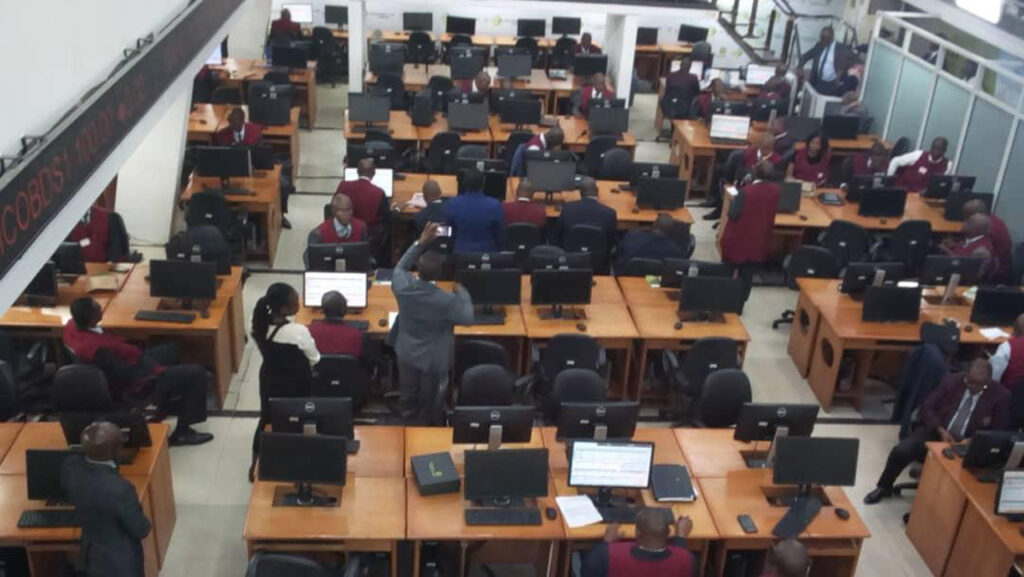
The Nigeria Employers’ Consultative Association (NECA) said the implication of poor macroeconomic policies and harsh business environment on employment is grave as many businesses are downsizing to cut costs.
The association warned that the employment data just released by the National Bureau of Statistics (NBS) may continue to worsen unless there is deliberate action to review some of the policies that caused the current economic dilemma.
The NBS, on Monday, reported a rise in the unemployment rate to five per cent in the third quarter (Q3) of 2023 from 4.2 per cent in Q2 of the year. The figure, a product of the new methodology adopted by the Bureau, defines unemployment as the ratio of the working-age population to the total labour force.
Director-General of NECA, Adewale-Smatt Oyerinde, advised that the government should eschew pride and take urgent actions to improve the operating environment so that businesses can return to an improved level of stability that would support decent employment.
Oyerinde, who spoke in Lagos, argued that to address the challenges of unemployment, government should deliberately address the operating business environment to support production in the private sector, which engages in productive employment.
The NECA chief lamented that the rise in the unemployment rate during the quarter could be a presage of the looming unemployment crisis in the country, particularly with the current harsh economic condition.
He said since the beginning of 2023, government has been implementing policies that do not support the operations of the private sector, which incidentally, is the highest employer in the economy.
He listed some of the policies that are inimical to business, which he said included the currency redesign policy of the Central Bank of Nigeria (CBN), removal of fuel subsidy, floating of the foreign exchange, increase in various taxes including excise duties and most recently, the upward review of the foreign exchange rate for clearing of imports by the Nigeria Customs Service (NCS) and banning of alcoholic beverage in sachet and pet bottle of less than 200m.
The measures, Oyerinde said, are swiftly dragging most private businesses to the brink of collapse.
Even as businesses are exiting the country, he noted that as the economy stands, there are many more companies to join the exit train or close shop if the current harsh operating environment persists.
Suggesting measures to the government that will support private sector businesses and improve employment generation in the country, Oyerinde recommended an end to the monetary rationing, which he said is going on now as well as ensure that the optimum quantity of money needed to stabilise the economy is in circulation.
He called on the government to review and moderate the fuel subsidy removal, stressing that the subsidy was a tool for socio-economic stability and growth.
According to him, fuel subsidy, unemployment allowance, free medicare, social security allowance, old age allowance, and child upkeep allowance are all subsidies, “incidentally only fuel subsidy existed in Nigeria.”
He called for a review of the floating exchange rate regime to save the country from monetary collapse.
According to him, no heavily import-dependent nation such as Nigeria allows its currency to swim in the murky waters and vagaries of the invisible hand as it has to be transparently guided.
He said the government should review its stance on the tax credit for infrastructure, mostly on road constructions carried out by the private sector.
He added that the government should review its tax projections from the private sector, particularly in the present condition.













